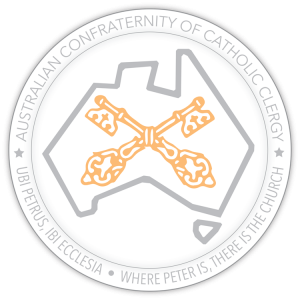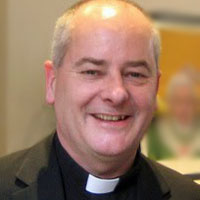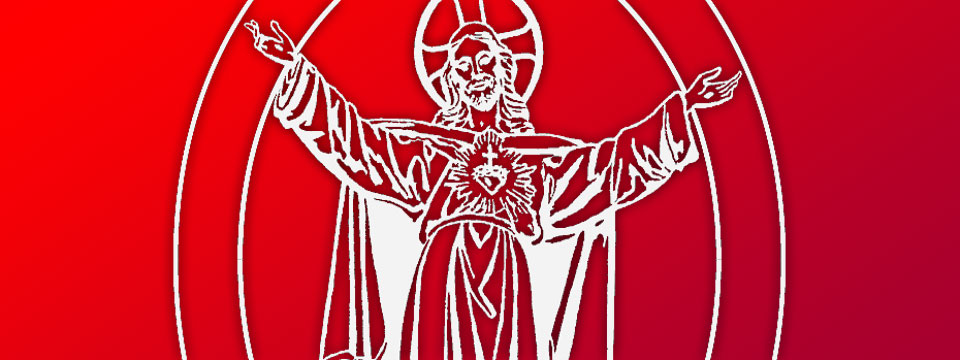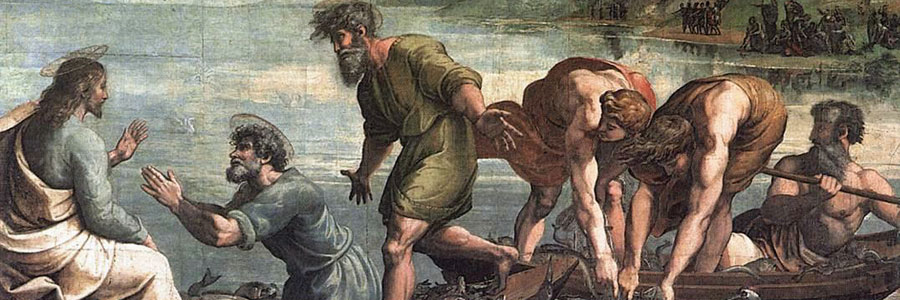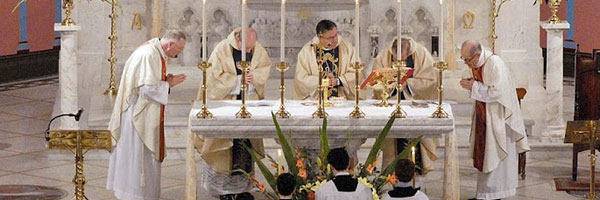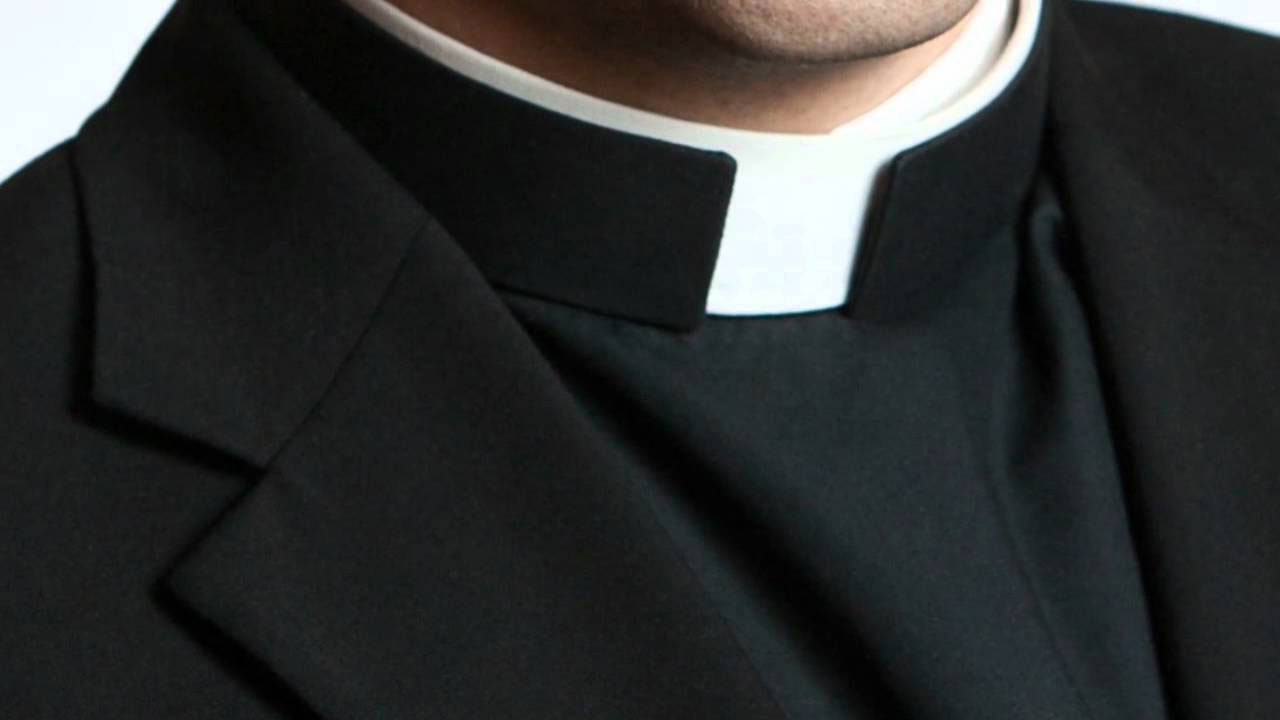Most Reverend Fathers, Very Reverend Fathers, Reverend Fathers and Deacons, Ladies and Gentlemen – and fellow bloggers. I mention bloggers last because, as my companions in the new media will know, in the eyes of many ecclesiastics, we priest bloggers are the lowest form of life. We occupy a place in the chamber of horrors somewhere between Margaret Thatcher and Jack the Ripper.
Indeed one of the English Bishops in his Ad Clerum notice took the trouble to excoriate us in general, although since the same Bishop also went on record to say that he did not recommend frequent confession, I feel entitled to enter into constructive dialogue on the question.
Back in April 2006, I started to look at some Catholic blogs to see what the fuss was about, worked out more or less what was going on, went to blogger.com, and realised that it could all be set up very quickly and easily. I had read Pope Benedict’s message to the Roman Curia the previous Christmas and thought that “The Hermeneutic of Continuity” would be a title with the right amount of pseudo intellectual pomposity and typed it in. Increasingly, in Catholic circles it has proved to be a useful item of product placement as Pope Benedict’s key idea has become a focus for so many Catholic thinkers today to encapsulate the way forward for the Church as she recovers from four decades of devastation in doctrinal, moral and liturgical chaos.
This conference of clergy, gathering, as it does, like-minded priests from all over the globe, is a sign of hope. There have been many communications from Catholics all around the world who are delighted that this conference is taking place. Our good people are happy that priests gather together and especially that they gather at the heart of the Church, paying their respects at the tomb of the apostles. Forgive me for offering a reminder – perhaps unnecessary, to remember our people at the tomb of St Peter tomorrow – and indeed to follow the Lord’s command that we should also pray for our enemies.
About six months after my arrival in the parish of Our Lady of the Rosary, Blackfen in September 2007, a lady spoke to me after Mass and told me that she had heard in the chemist that I was moving.
More recently, there have been rumours that I was being appointed to a post in the Vatican. It must be something to do with the number of times I quote Pope Benedict in my sermons.
I normally tell people that I am staying in Rome and they often ask me whether I am staying at the Vatican. I point out to them that you do not stay at the Vatican itself but in the City of Rome. Sure enough, the taxi driver who took me to the station the other day asked me whether I was staying in the Vatican and was able to answer “Well yes, actually.” I am deeply grateful to the Australian Confraternity of Catholic Clergy and the USA Confraternity of Catholic clergy for making it possible.
When priests get together, of course, we remember the days of our “formation” those of us who were trained in the late seventies and early eighties have many stories to swap; we have heard some already so I will just regale you with one or two.
One year, we were sent for pastoral training to the Westminster Religious Education Centre, known by the acronym WREC. The sister who has in charge of one activity instructed us to make our model of Church out of cardboard and pipe cleaners. There isn’t supposed to be a right and wrong answer in these exercises, but I am sure that I and a fellow student got the wrong answer by making a papal tiara and a thurible.
On another occasion, a fellow student had to take part in an activity with a bowl of stones. The participants were instructed to take a stone from the bowl and tell the group why that stone was like them. He had the presence of mind to take a stone out and say “This stone is like me because it can’t see the point of this bloody exercise.”
As a part of my apostolate online, I have promoted the reception of Summorum Pontificum and the celebration of the Sacred Liturgy according to the usus antiquior. Some time ago, a writer in The Tablet (a newspaper which unaccountably seems to take issue with some of the things I say and do) dealt with the issue of Summorum Pontificum and made the grave observation that Pope Benedict was “not a trained liturgist.” Well given some of the liturgical training that we have received, in the past, thank heavens for that!
Liturgists used to be the butt of many jokes (such as the one about being in a lift with the Taxman, a Terrorist, and a Liturgist and having a revolver with only two bullets… you shoot the liturgist twice to make sure!) Now, praise be to God, there are liturgical experts whose scholarship and wisdom we can benefit from without the same scruple and I am sure that tomorrow afternoon’s lecture by Mgr Guido Marini will bear this out.
I am sure that we all share Pope Benedict’s recent expression of priorities in the pastoral ministry and would wish to see the proper, reverent celebration of the liturgy given the first priority – not by any means to the exclusion of our pastoral, social and charitable apostolate, but as the source from which it flows.
However, I would like to share with you also a discovery of my own which has made a big impact on my own life as a priest. When I was at the seminary, there was a lot of psychobabble floating around. A popular book was called I’m OK You’re OK. I was told that the Blessed Mother Teresa of Calcutta was visiting a seminary once, saw this book and said “Well: I’m not OK, and you’re not OK; and that’s why we need Jesus!”
After beginning to celebrate the older form of the Mass, I also discovered little books for the priest. It is a feature of traditional sacristies that lying around on tables and shelves are various little black leather bound books of piety. One that I discovered was called Clericus Devotus – although there are many others. It opened my eyes to the expectations that were made of the priest and communicated to the student in his training. The various exercises that were recommended for a faithful priestly life were set out in an instructive and helpful way.
Another good book I discovered was Cardinal Manning’s The Eternal Priesthood. In one chapter, he explains the importance of the time taken in preparation and thanksgiving for Mass. He says:
The hour and a half of a priest’s Mass is both his own and not his own. It is the first-fruits of his day. They belong to God : he has the usufruct, not the dominium, of them. He cannot alienate them.
The various books about the priestly life of prayer and priestly asceticism have helped me to see that there is much to rediscover from our tradition in addition to the worthy celebration of the Sacred Liturgy.
Our Lord said, “Where two or three are gathered in my name, I shall be there with them.” He might have added, “Where two or three priests are gathered in my name, it will be a matter of seconds before they start on the Bishops.” So let me add a word of appreciation to the Bishops who have generously given of their time to be with us, and those Bishops in the United States of America and in Australia who give such sterling orthodox leadership. I would also like to record my appreciation for Cardinal Pell. On one occasion I met him with a group of priests walking past the colonnade of St Peter’s on their way to lunch. He said to me “Tim – remember my advice: keep your guard up, and keep moving around the ring.”
I am sure we all remember with great joy and nostalgia that wonderful moment which we watched on the television, hearing “Josephum”, wondering whether it was really true and, then rejoicing at the resounding, dramatically delayed “RATZINGER” boomed out across the world.
I remember a few weeks later a conversation on the telephone with the great Joanna Bogle. We were still rather stunned by the fact of Pope Benedict. As I said to her on that occasion, “I wake up in the morning, the sun is shining, God is in heaven – and Cardinal Ratzinger is the Pope!”
(Incidentally I remember too the election of Pope John Paul II – a truly great pope – and the joy and hope that he brought to the Catholic world with his unmistakeable determination to foster orthodox faith and devotion.)
We often have litanies of thanks at events such as this, and they are not out of place. But my brothers in the sacred priesthood, let us give thanks with all our hearts to almighty God in His providence who has given us Pope Benedict. The Church historians will back me up, I am sure, in saying that there have been other times in the Church when things have not gone well, when even Popes have let us down. But then the Lord, in His providence, raises up a St Augustine , a St Bernard, or a St Ignatius. His providence is not lacking today and the young priests now coming out of our seminaries, sometimes despite the best efforts of their formators, but increasingly, thank God, in union with them, are men ready for that spiritual battle which beckons us: orthodox in faith, reverent in worship, and prudent in morals. They do need our encouragement and support (as has been said already), but we also need their youthful enthusiasm and hope.
“The Church is alive, the Church is young”, Pope Benedict said in that magnificent homily at his inaugural Mass. He also reminded the young – and the reminder can be important for us too – that: If we let Christ into our lives, we lose nothing, nothing, absolutely nothing of what makes life free, beautiful and great. […] Do not be afraid of Christ! He takes nothing away, and he gives you everything.
It is a joy and a privilege to be at a conference where such confident and joyful affirmation of life in Christ is directed specifically for us as priests. Thank you for your encouragement, thank you for your example – and to many of you, thank you for reading my blog!
